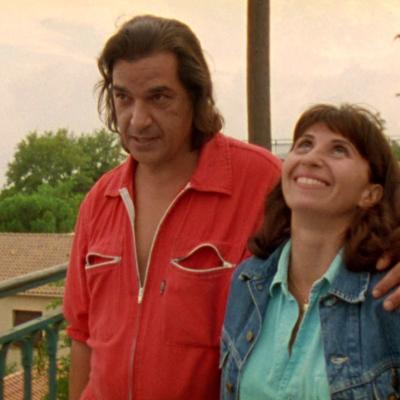
A Film and its Era: Marius and Jeannette (Robert Guédiguian)
Portrait of a film: Marius and Jeanette is the seventh feature film by Robert Guédiguian. In the northern quarters of Marseille, Marius, security guard at an abandoned factory, meets Jeanette, an employee in a supermarket who has just been fired. Jeanette raises her two children on her own; Marius lost his two kids in a car accident. It is a moving social comedy showing that the solidarity within a group is the best stronghold against the blows of life. It was screened at 1997 Cannes Film Festival and received the Louis Delluc Prize as well as the César Award for Best Actress for Ariane Ascaride. With 2.5 million spectators, the director reached a large audience. Portrait of an era: In 1997, President Jacques Chirac dissolves surprisingly the National Assembly but the left wing wins the general election. Socialist Lionel Jospin is appointed Prime Minister. Unemployment is at its highest, social inequalities quantify and the far Right gains popularity within the working class. The film was shot in Marseille, a city severely hurt by the crisis and where the tensions vis-à-vis immigration are strong. Marius and Jeanette captures this ambience very well. Portrait of a cineaste: Robert Guédiguian was born in Marseille in 1953, son of an Armenian father and a German mother. His father works on the Marseille docks. Guédiguian studied sociology and was long time a militant of the French Communist Party. As a devoted cineaste, he shoots nearly all his films in Marseille and its surroundings, always with the same team of comedians and technicians. He defines himself as “a cineaste of his neighbourhood” who makes “films of proximity” with the working class and the popular quarters of his hometown.
